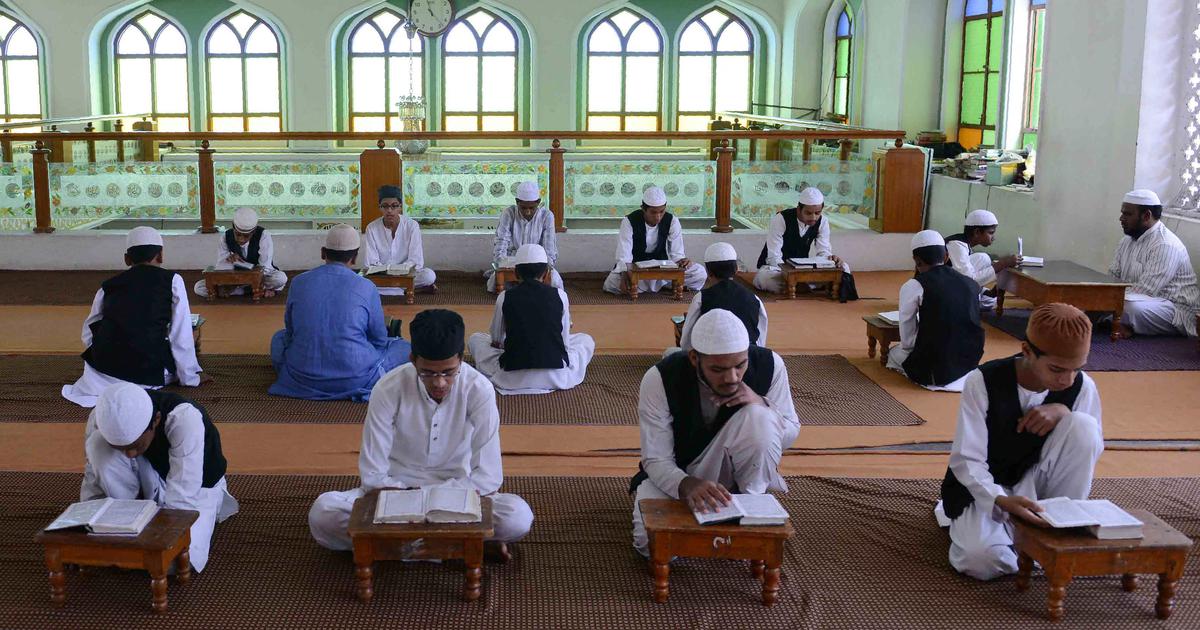The only Indian high schools that teach Aristotle and Plato
The philosophical-religious education of Madrasas that included Aristotelian logic, rhetoric and fostered a spirit of enquiry has been rendered obsolete.

Join our WhatsApp Community to receive travel deals, free stays, and special offers!
- Join Now -
Join our WhatsApp Community to receive travel deals, free stays, and special offers!
- Join Now -

“For 12 marks, write an essay that explains in detail the distinction between conceptual thought and certified knowledge and their forms?”
This is a question asked of 15-year-olds appearing for the Class 10 board examinations in madrasa schools in Uttar Pradesh.
To answer this question, students must know philosopher Avicenna’s key theories. They must also have some familiarity with the ideas of Greek philosopher Aristotle, from whom this distinction between imagination (tassavur) and assertion or certified knowledge (tasdiq) derives from.
That is a high bar for anyone, not just a teenager.
These foundations of ancient Judaeo-Christian-Islamic thought, including a paper on logic and philosophy, are among the subjects taught to students of the Uttar Pradesh Madarsa Education Board – unusual for Indian school-level curriculums that otherwise do not offer philosophy in any form.
However, madrasa students are exposed early on to a gamut of Aristotelian and neo-Platonic thought, with entire subjects dealing with rational sciences (ma’aqullat) that cover ancient Greek and Islamic philosophical traditions.
Modern-day critics of madrasas paint them as obscurantist, irrelevant and based on outdated syllabi emphasising rote learning that fails to instill a spirit of enquiry. Today, madrasas are seen as dens of fundamentalism and illiberal thought, obsessed with religion. These critics say that such an education fails to...









